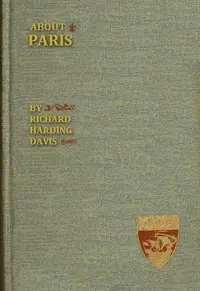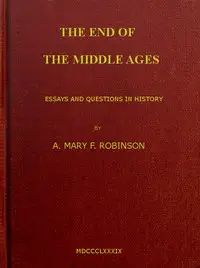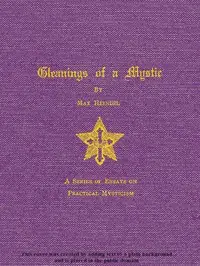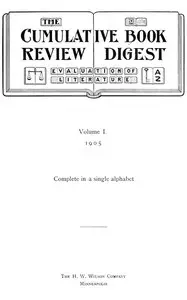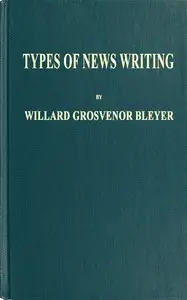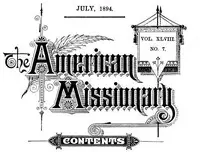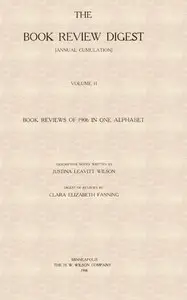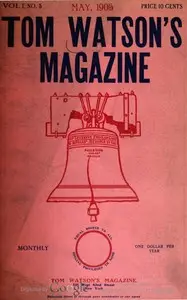"The Reporter Who Made Himself King" by Richard Harding Davis is a satirical narrative written in the early 20th century. The book follows the misadventures of young Albert Gordon, a keen and ambitious reporter who, seeking a quieter life to focus on writing, unintentionally finds himself appointed as the American consul to an obscure tropical island called Opeki. Through a series of comical and exaggerated events, Gordon transitions from reporter to self-proclaimed king, showcasing the absurdities of colonialism, media sensationalism, and the quest for fame. In the story, after arriving in Opeki, Gordon discovers the island to be quite undeveloped and sparsely populated. His initial dreams of writing a novel soon turn into a wild escapade where he navigates peculiar encounters with local kings, foreign officials, and even a German warship. As he attempts to maintain peace between rival factions and impress the natives, his reporting background comes back into play as he fabricates stories that grab international attention. His actions lead to an unintended escalation, culminating in a mock war and a comical transformation into a self-styled monarch amid a backdrop of political chaos, ultimately critiquing the absurdity of power dynamics and the pressures of journalistic expectations. (This is an automatically generated summary.)

The Reporter Who Made Himself King
By Richard Harding Davis
"The Reporter Who Made Himself King" by Richard Harding Davis is a satirical narrative written in the early 20th century. The book follows the misadve...
Genres
Released
1996-01-01
Formats
mobi (images)
mobi
epub3 (images)
epub (images)
epub
Free Download
Overview
About the Author
Richard Harding Davis was an American journalist and writer of fiction and drama, known foremost as the first American war correspondent to cover the Spanish–American War, the Second Boer War, and World War I. His writing greatly assisted the political career of Theodore Roosevelt. He also played a major role in the evolution of the American magazine. His influence extended to the world of fashion, and he is credited with making the clean-shaven look popular among men at the turn of the 20th century.
Total Reviews
10.0k
Total reviews from Goodreads may change




